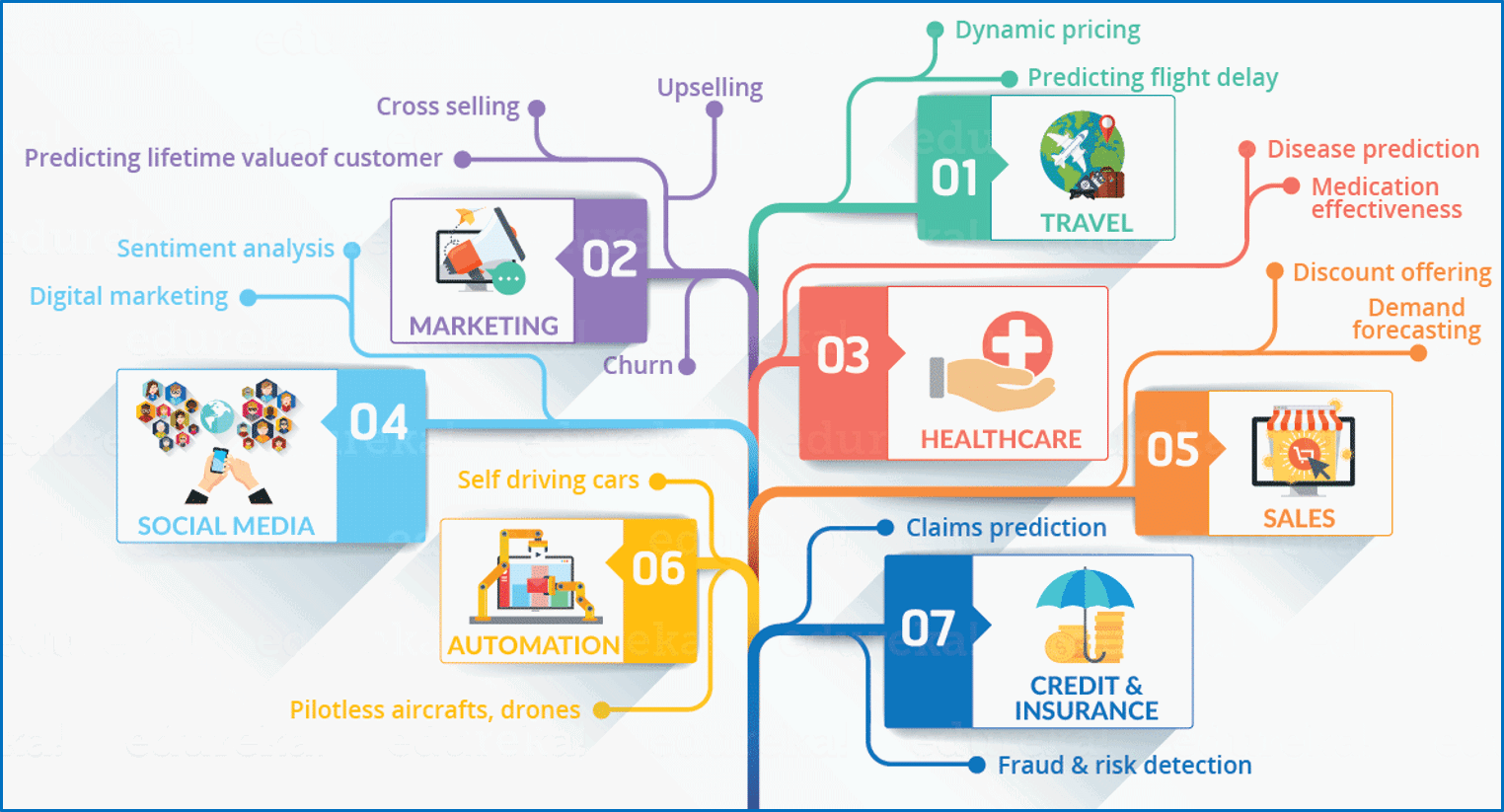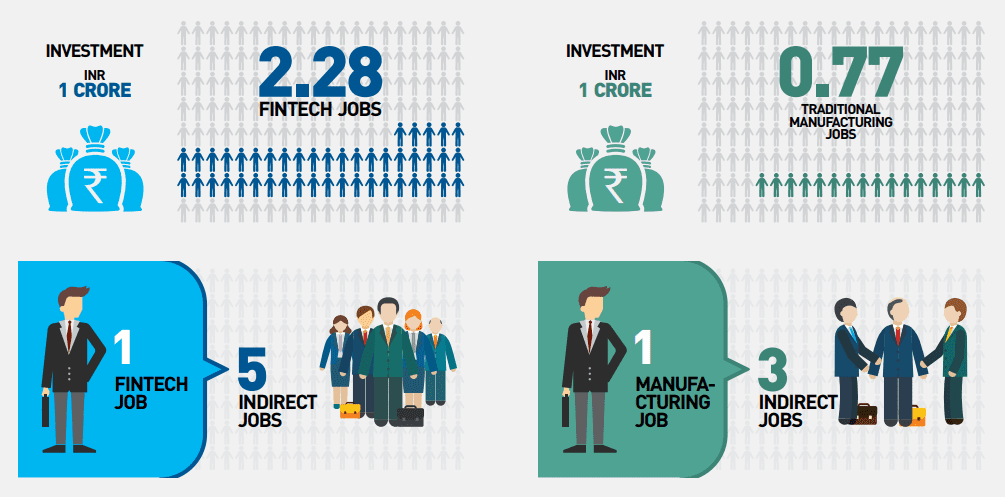Many a financial career aspirant makes errors in deciding on what kind of career to choose. Also, they go after fancy degrees, certifications, and courses without a thought of what and how to earn and create wealth. A .wealth management course can be a very lucrative career where your earnings can be fee-based. Or you can join a bank too. The ‘lack of information’ about such learning is a major issue that we intend to tackle today.
The Perspectives:
Parents:
Career options for their wards from the parent’s end are trend-based and most would like it when the kids choose an IT or banking career. Government jobs are of course the first choice. This is no surprise since all parents want their children to do courses like the 0.wealth management course and be well-settled in careers such as CAs, auditors, bankers, and such because these are prestigious jobs that allow you to make a career in the high-demand areas and earn pay-packets that are truly the neighbor’s envy.
Career aspirants:
The right decision for career aspirants in the financial industry is in one way or the other linked to finance and investment-decisions processes. You can look at the financial verticals and find plum roles such as the
1. Decision making Research Analysts, Portfolio Managers, Wealth Managers, etc.
2. The decision enablers like Operations, Statisticians, Credit Analysts, Risk-analysts, etc.
What if you are not aspiring to be a Chartered Financial Analyst-CFA? Let us explore this from the perspective of other job options relating to wealth that a WM course can help with.
The WM course:
India is having a strong growth of individuals with investable wealth or HNIs. According to the 2012 Global Wealth Report by Credit Suisse, the 158,000 millionaires could rise in 2017 to 242,000 requiring at least 10,000 Wealth Managers. Also, the CWM® certification carries its own weight in verticals like Banking, AMCs, Wealth Advisory Firms, Brokering, Financial Advisory businesses, and Insurance.
What the Wealth Manager does:
The WM is your one-stop for investment advice, portfolio management and even services like tax, estate planning, legal issues, accounting, retirement planning, insurance, and such services. He has probably had some wealth training from a wealth management course.
- Wealth management is advisory investment services for affluent HNI persons.
- The WM is a highly expert multi-faceted professional who undertakes wealth management for affluent clients at a negotiated fee.
- Customers benefit as the WM is a single-point of contact for holistically coordinating a wide variety of need-based financial services for wealth management and also undertakes planning for the future.
- This area is for those individuals who have a corpus and are busy earning while needing someone trustworthy to manage their diverse needs for financial solutions.
Learning about wealth management:
The present market is flooded with resources in WM like podcasts, blogs, books, apps, etc. However, knowing the basics of financial markets, the management of debts, loans, budgets, insurance, mortgages, investing, etc. will aid your career and facilitate it in your future tasks.
Let us explore the Wealth Management course.
So, you want to learn wealth management then the easiest route is to do a New Age Banking Course. Learning money management is a skill that one learns early and it is a vital life soft-skill. Especially so when you are trained in WM and are an expert resource teaching other wealthy people how to manage their wealth effectively in paying investments and also plan for the unknowns of a planned future.
Imarticus Learning is a training provider with a wealth management course and has a wonderful repertoire of blogs on every subject under the sun. It also provides you with the resources vital for further action to be taken to further your career, gain certifications, etc using paid courses.
Available job profiles:
The current scenario has three market segments. Namely,
A. Banking jobs: Profiles and opportunities exist in Premier Banking, Wealth Management, Private Clients, Investments, Financial Planning, Liabilities, Bank Assurance, Client Servicing, Product Management, Operations, Fund Management, Institutional Channel Sales, Retail Sales, Marketing, Investor Relationship, Operations, Equity Analyst, Client Servicing Wealth Management, Research, Retail Sales, Institutional Sales, Sub-Broker Channel, Institutional Channel Sales, Portfolio Manager, Managing Agent & Retail Channels, Product Management, and Corporate Brokering.
B. Independent: Client Servicing, Financial Advisor, Wealth Manager.
C. Advisors in wealth or AMC brokering, insurance, etc.
Skills required:
Some of the essential skills are:
- Customer Management.
- Product Knowledge.
- Client Psychology.
- Selling Skills.
- Soft Skills.
- Understanding of Competition, Business Understanding, and Financial Markets.
Target groups:
These groups can benefit immensely.
- Working Professionals including Private Banking and Relationship Managers in Wealth Management seeking international certification, IT professionals needing domain skills, Product managers and heads seeking to improve technical aspects in the business, bank executives, Broking Houses, NBFCs, Mutual Funds, Distribution houses, Insurance, etc.
- Students and career aspirants with B.Com / BBA / BMS / BAF BBI / BFM / M.Com, other graduates seeking careers in finance, graduates with MBA / CA /Law, etc looking for a career.
- Self-employed professionals managing HNI clients, insurance and MF advisors, independent financial advisors, and others looking to gain technical skills in WM.
In conclusion, discover the wealth management course at Imarticus Learning today as a platform for a successful financial career. For more details and further career counseling, you can also contact us through the Live Chat Support system or can even visit one of our training centers based in – Mumbai, Thane, Pune, Chennai, Hyderabad, Banglore, Delhi, Gurgaon, and Ahmedabad.






